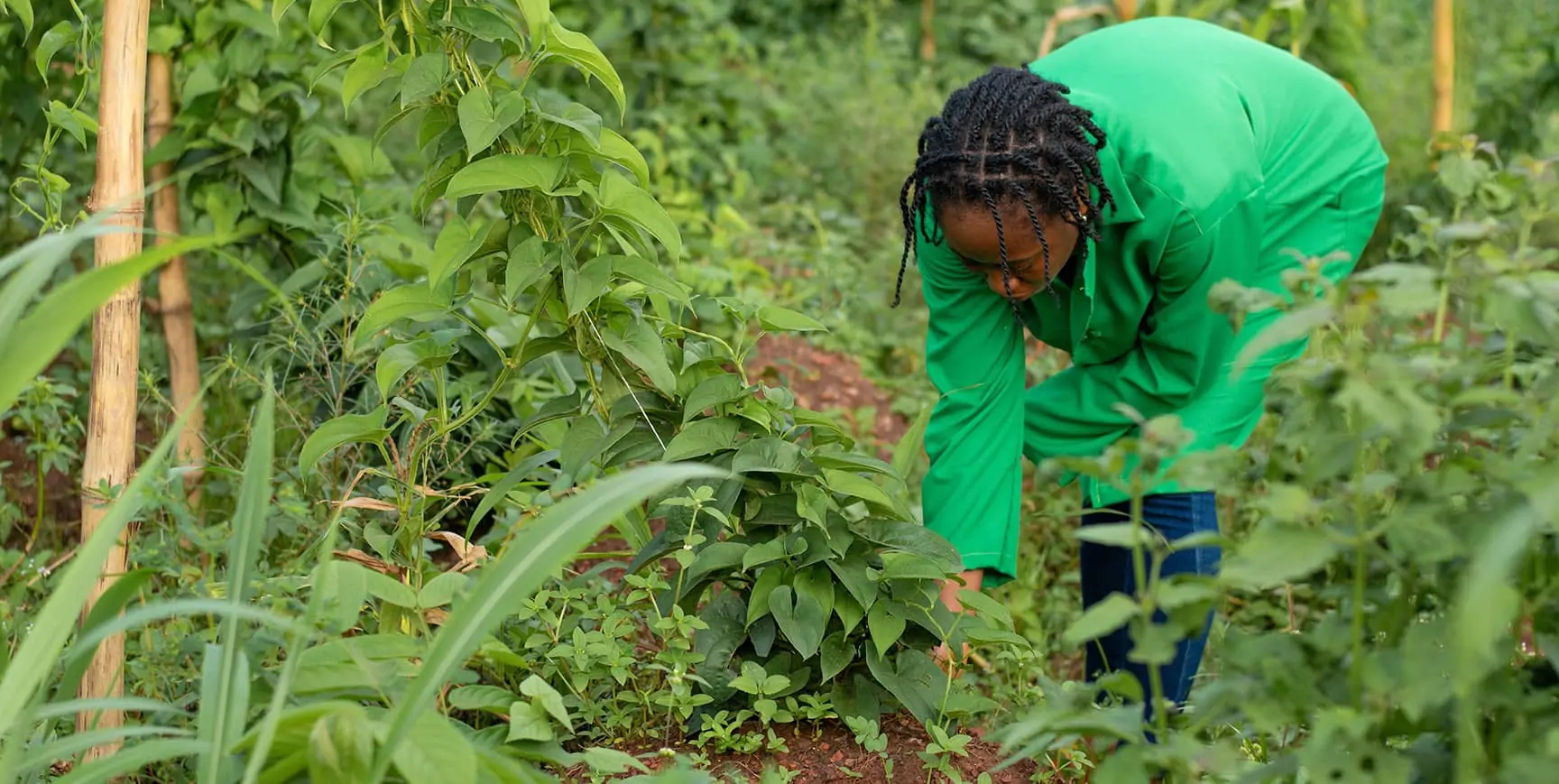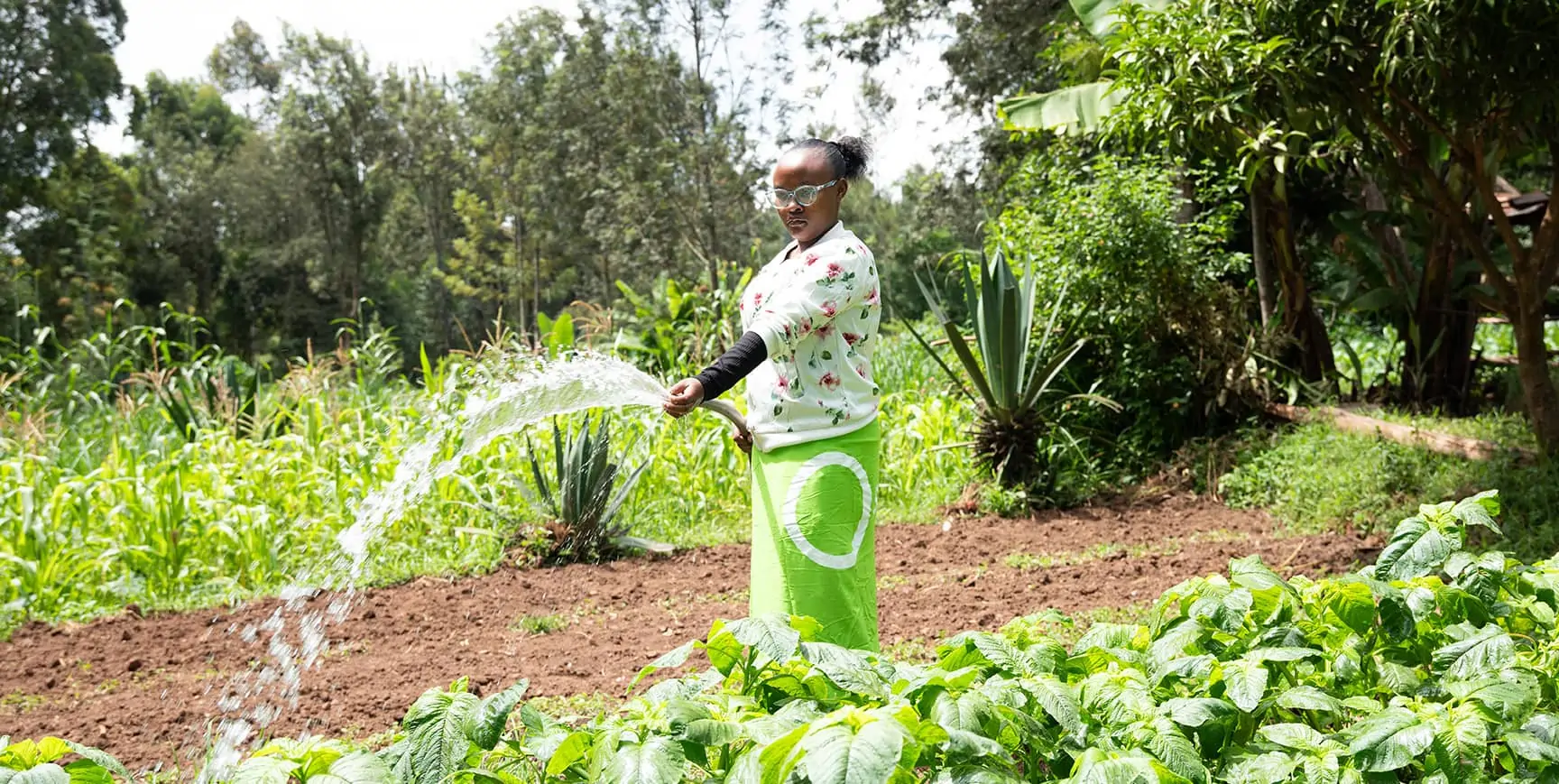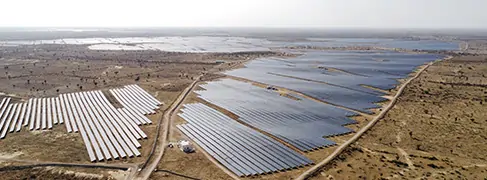Adaptation and resilience solutions are, therefore, essential and a market opportunity the private sector cannot ignore. The longer it takes to plug this funding gap, the more expensive it gets. Yet investment in adaptation and resilience remains low. This is due to several challenges, including inadequate availability of climate data and risk analytics; inadequate know-how about what qualifies as adaptation and resilience; as well as financial and economic barriers including mismatches in investment size, scale or horizon.
A collaborative approach
Addressing these challenges requires a strategic and co-ordinated approach. That’s why, in 2020, we co-founded the Adaptation & Resilience Investors Collaborative (ARIC). It’s an international partnership of DFIs and private investors working together to accelerate and scale-up adaptation finance to emerging and developing economies. In 2024, ARIC convened a series of events on capital mobilisation for adaptation finance and physical risk management. Together with FMO, ARIC and BII also published a report exploring climate finance for venture capital and private equity investors. It provides real-world examples of adaptation and resilience and mitigation solutions across multiple sectors – and how to assess and report on those.
Recent investments focused on climate resilience include Blue Orchard’s InsuResilience Fund II, which is expanding access to climate risk insurance and helping millions of vulnerable people (see case study).





